Table of contents
Sleep is one of the essential parts of our day. Without enough sleep, our neurological functions begin to suffer. We begin to experience moodiness, lack of memory, brain fog, etc. I think we can all agree that being exhausted is never any fun, especially if you already suffer from a condition like PCOS. Women with PCOS have a 30-40 fold increased chance of having sleep apnea and general fatigue than women of the same weight who don’t have PCOS.
Let’s dive a bit deeper into PCOS fatigue exhaustion and offer some ways to help combat PCOS and fatigue.
Understanding Fatigue vs. Tiredness in PCOS
When discussing the impact of PCOS on your energy levels, it's essential to distinguish between fatigue and tiredness. Although these terms are often used interchangeably, they describe different conditions.
Tiredness typically stems from common causes like a busy day, lack of sleep, or strenuous physical activity. It's a state of exhaustion that is usually resolved with a good night's sleep. On the other hand, fatigue is a persistent state of tiredness or exhaustion that is not relieved by rest. It feels like no amount of sleep can recharge your energy and makes even simple tasks seem overwhelming.
Fatigue may signal an underlying health issue such as a vitamin, nutrient, or hormone imbalance, or it could be a symptom of a condition like PCOS. Along with this PCOS fatigue, you may also experience other symptoms such as lack of energy, trouble concentrating, mood changes, anxiety, irritability, muscle weakness, or insomnia. These symptoms can cause you to feel PCOS tired all the time and can contribute to PCOS brain fog.
Several factors associated with PCOS can cause fatigue. Imbalances in hormones, prevalent in PCOS, can lead to PCOS chronic fatigue. Furthermore, other conditions associated with PCOS like sleep apnea, insulin resistance, and vitamin D deficiency have also been linked to fatigue.
If you experience fatigue, particularly PCOS extreme fatigue, for more than two weeks, alongside other symptoms, it's vital to consult a healthcare provider. Evaluating your vitamin, nutrient, and hormone levels through bloodwork may provide insights into the root cause of your fatigue. Remember, understanding and addressing fatigue is an integral part of treating PCOS fatigue.
The Impact of PCOS on Sleep Disturbances and Fatigue
Does PCOS cause fatigue? That is the question. And unfortunately, like many PCOS symptoms, it is a chicken or the egg type of puzzle, which came first? However, the undeniable truth is the solid ties between PCOS and fatigue.
Studies have shown a link between obstructive sleep apnea and PCOS. Scientists believe that this link might cause different metabolic issues in PCOS sufferers. Women with PCOS deal with various symptoms, including insulin resistance, hyperandrogenism, irregular menstruation, and being at a higher risk of developing type-2 diabetes and issues with their cardiovascular system.
Women with PCOS are 30 times more likely to have obstructive sleep apnea than women without PCOS. The sleep disturbances amongst women with PCOS fatigue exhaustion range from poor sleep quality to chronic daytime sleepiness (as defined by the Epworth Sleepiness Scale). So if you have PCOS and fatigue, then there is a high chance of experiencing PCOS fatigue exhaustion from obstructive sleep apnea or other sleep disturbances.
The link between PCOS and fatigue is a strong one. However, physicians who manage PCOS patients only order sleep tests around 25% of the time. If you’re looking to beat PCOS fatigue and have a feeling that you might be suffering from a sleep disorder, speak to your physician and advocate for a sleep test.
Strategies to Combat PCOS Fatigue: Supplements and Lifestyle Changes
How to treat PCOS and fatigue is something that physicians and scientists have been working on for years. And lucky for many women with PCOS and fatigue, PCOS fatigue treatments fight more than just one PCOS symptom. Generally, if you’re taking any scientifically-backed PCOS treatment, you should be combatting your PCOS fatigue exhaustion. PCOS exhaustion results from other PCOS symptoms such as insulin resistance, thyroid issues, adrenal fatigue, sleep apnea, and more.
One of the best ways to beat PCOS fatigue is taking a PCOS supplement daily, including inositol. Taking inositol for PCOS has been scientifically proven to help women with PCOS symptoms. Women with PCOS who take inositol experience:
- Reduced insulin resistance
- Reduced androgen levels (including testosterone)
- Decreased risk of cardiovascular disease
- Increased ovulation frequency and improved egg and embryo quality
- Decreased anxiety
- Reduced metabolic syndrome (high blood pressure, high blood sugar, excess body fat, etc.)
- Regular menstrual cycles
- Reduced HbA1c levels
An all-natural supplement like Elan Healthcares Ovofolic for PCOS is one of the best PCOS fatigue treatments out there because it helps cut the head off the PCOS dragon. Ovofolic tackles the worst symptoms of PCOS so women can start living their lives symptom-free, including no more PCOS fatigue exhaustion. The best part is, Ovofolic comes in both 2 gram sachets and a bulk powder in jar form for your convenience.
Remember, though; not all inositol supplements will offer the same benefits. We recommend finding a supplement that follows the Myo-inositol and D-chiro inositol 40:1 ratio. Multiple studies have proven that this ratio is the most effective to beat PCOS fatigue and all other PCOS symptoms.
Additionally, suppose you’re looking to get pregnant with PCOS. In that case, your best bet is to also use a PCOS supplement following the 40:1 ratio of Myo-inositol and D-chiro inositol. A recent study found 62% of participants saw regular ovulation return in just over three months of taking a supplement following the 40:1 ratio. This ratio of different inositol can be vital in conceiving a baby with PCOS.
Fight PCOS and fatigue with one daily supplement and get back to living!
Frequently Asked Questions about PCOS and Fatigue:
Question 1: Does PCOS cause fatigue and tiredness, and why?
A: PCOS, while not a direct cause of fatigue, is linked with conditions that can lead to tiredness. This includes obesity, hormonal imbalances, heavy periods, psychological factors, and sleep-related issues. The interplay of these factors often exacerbates fatigue in individuals with PCOS.
Question 2: What does PCOS-related fatigue feel like and how does it differ from regular tiredness?
A: PCOS-related fatigue is often chronic, persistent, and can significantly impact daily life. It's usually accompanied by other PCOS symptoms such as menstrual irregularities, excessive hair growth, and weight gain. It might also be associated with insulin resistance, inflammation, sleep disorders, and mood disorders.
Question 3: What are the best ways to manage or treat PCOS-related fatigue?
A: Managing PCOS-related fatigue involves dietary changes, regular physical activity, improving sleep habits, reducing caffeine intake, and possibly supplementing with specific nutrients like Inositol. These lifestyle modifications can help manage symptoms and improve overall health.
Question 4: How can PCOS impact energy levels and sleep patterns?
A: PCOS can affect energy levels and sleep patterns due to factors like insulin resistance, sleep apnea, hormonal imbalances, depression, anxiety, weight gain, and inflammation. Each of these aspects can contribute to fatigue and sleep disturbances, affecting the individual's quality of life.
References:
1 - Polycystic Ovary Syndrome (PCOS) and Sleep Apnea. By D Ehrmann, University of Chicago. Last updated July 2014.
2 - Polycystic Ovary Syndrome and Obstructive Sleep Apnea. By E. Van Cauter, DA. Ehrmann. Published March 2009.
3 - Epworth Sleepiness Scale. Division of Sleep Medicine at Harvard Medical School. Last reviewed February 2018.
4 - Inositol and PCOS: 8 scientifically proven Inositol benefits. By Mark Chan. Published August 2021.
5 - Combining treatment with myo-inositol and D-chiro-inositol (40:1) is effective in restoring ovary function and metabolic balance in PCOS patients. By G Monastra, V Unfer, A Halim Harrath, M Bizzarri. Published November 2016.
6 - Combat PCOS In An All-Natural Way. Elan Healthcare. Published December 2021.
7 - Ovulation induction with myo-inositol alone and in combination with clomiphene citrate in polycystic ovarian syndrome patients with insulin resistance. By Kamenov Z, Kolarov G, Gateva A, Carlomagno G, Genazzani AD. Published February 2015.



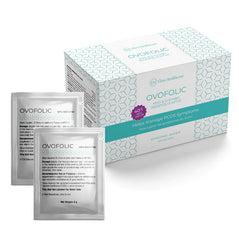

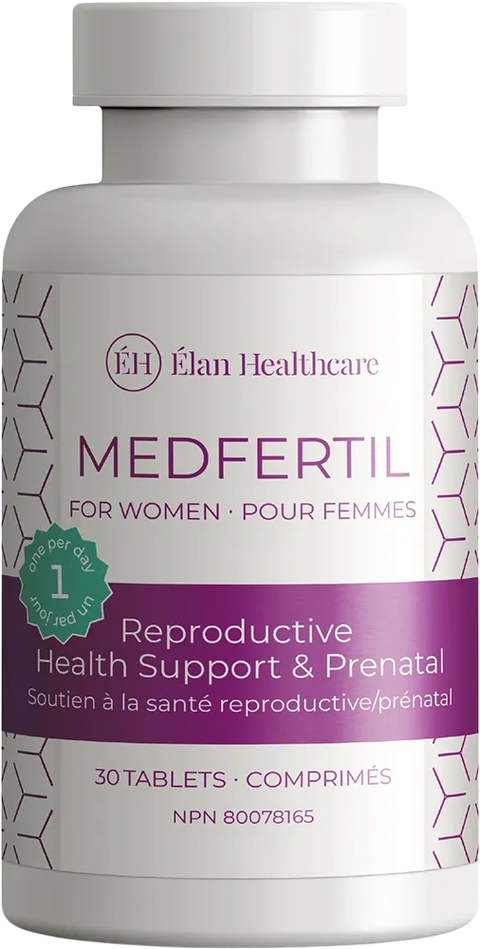
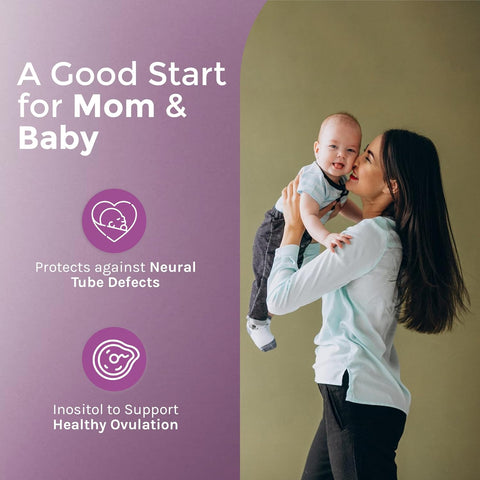
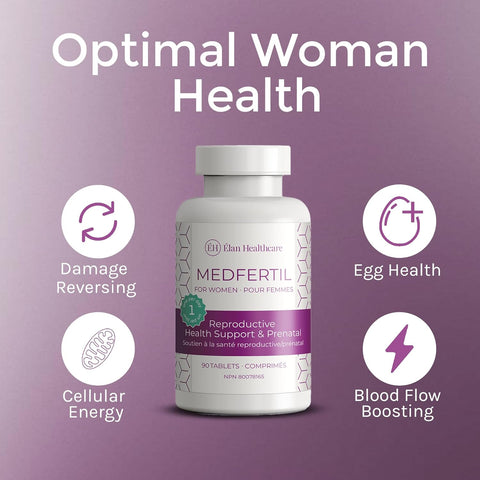
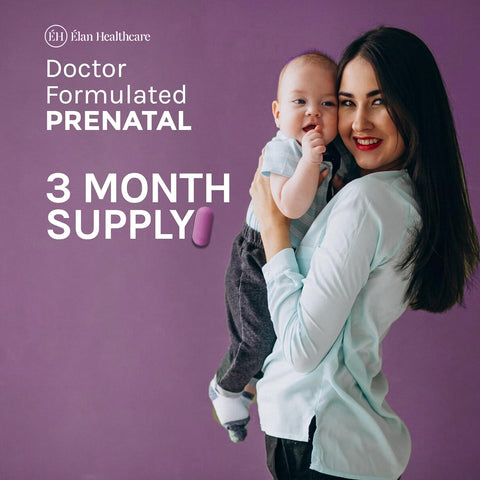
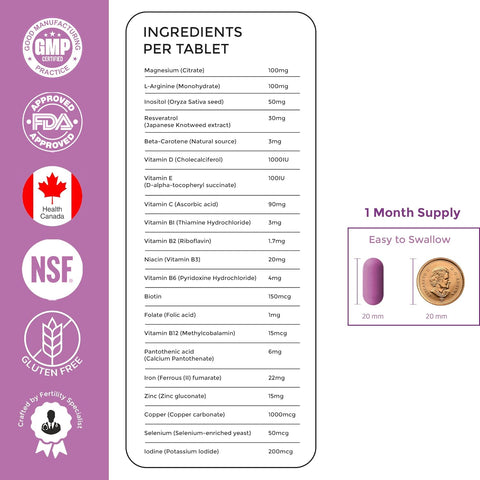

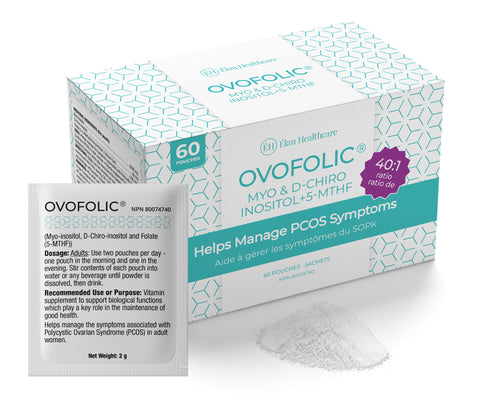
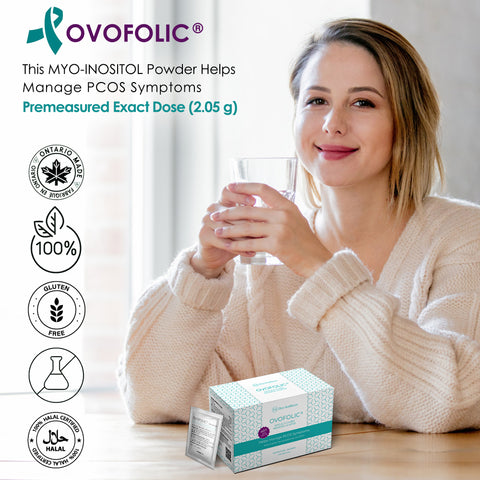
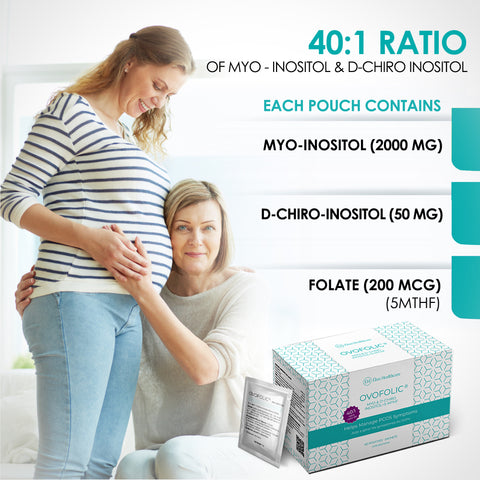
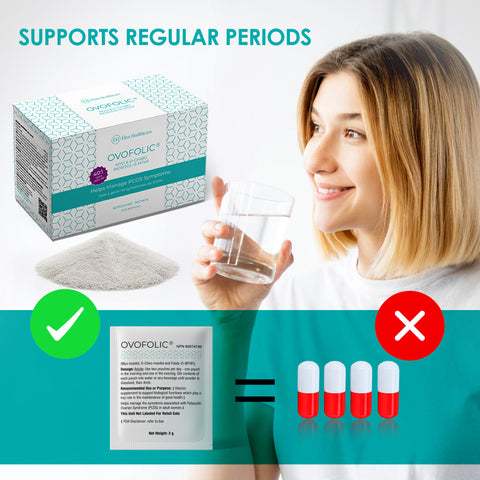
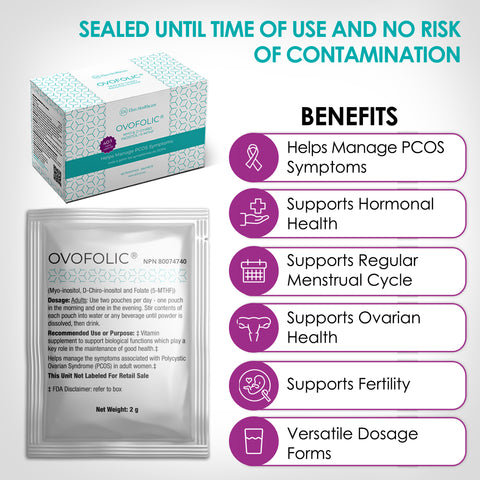
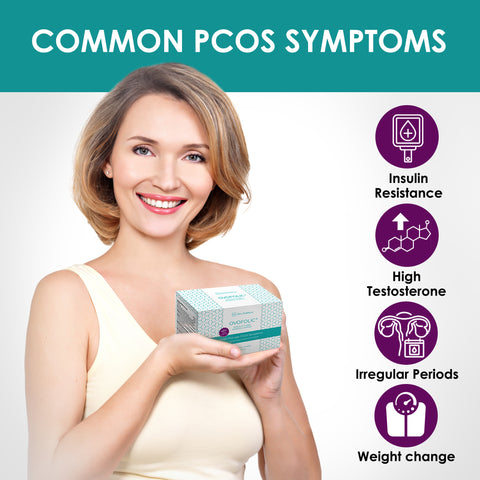
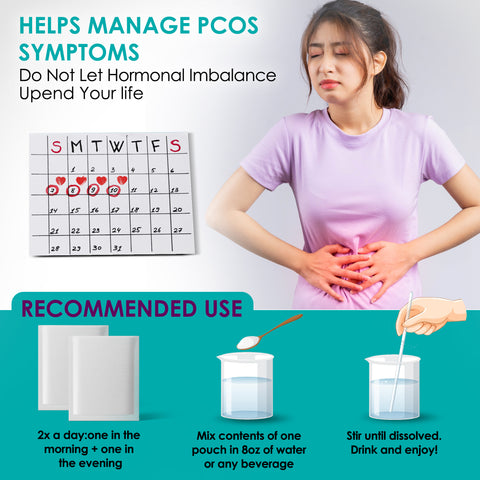
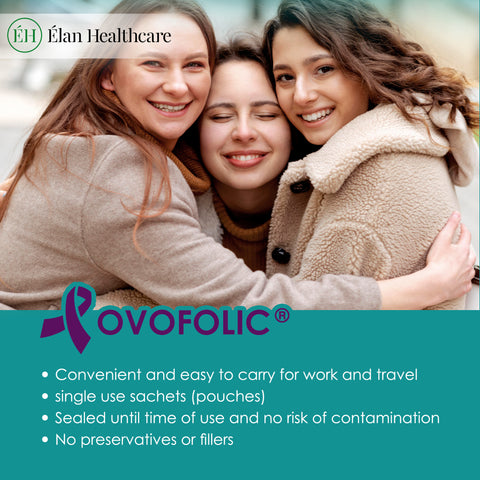
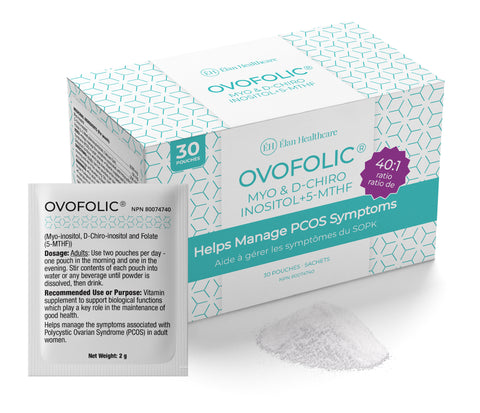


No comments yet.
There are no comments for this article. Be the first one to leave a message!
+ Open to leave a Comment